Intro
Experience top-notch vision care at Fresno Eye Medical Center, your premier destination for expert eye care services. From cataract surgery to LASIK, our board-certified ophthalmologists provide personalized treatment for glaucoma, macular degeneration, and more. Trust us for comprehensive eye exams, corrective lenses, and advanced eye surgery options.
As the central hub of the San Joaquin Valley, Fresno is home to a diverse population with unique eye care needs. The Fresno Eye Medical Center is dedicated to providing top-notch vision care services to the community, addressing a wide range of eye-related issues. With a team of experienced ophthalmologists and optometrists, the center offers comprehensive eye exams, cutting-edge treatments, and personalized care to ensure the best possible outcomes for patients.
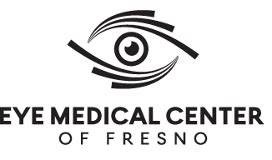
The Importance of Regular Eye Exams
Regular eye exams are crucial for maintaining good eye health and detecting potential problems early on. The American Academy of Ophthalmology recommends that adults undergo a comprehensive eye exam every 2-3 years, or more frequently if they have a family history of eye disease or are at risk for certain conditions. During an eye exam, a trained eye care professional will assess the patient's visual acuity, check for signs of eye disease, and provide personalized recommendations for corrective lenses or treatment.
Comprehensive Eye Care Services
The Fresno Eye Medical Center offers a wide range of eye care services, including:
- Comprehensive eye exams for adults and children
- Cataract surgery and lens implantation
- LASIK and other refractive surgeries
- Glaucoma diagnosis and treatment
- Macular degeneration diagnosis and treatment
- Diabetic eye care and retinal services
- Contact lens fittings and prescriptions
- Eyeglasses and sunglasses prescriptions
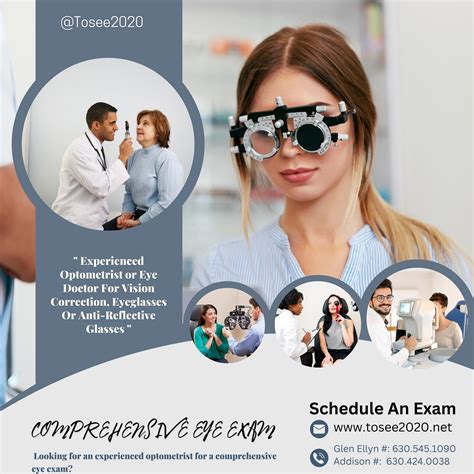
Cataract Surgery and Lens Implantation
Cataracts are a common age-related condition that affects millions of people worldwide. A cataract is a cloudy area in the lens of the eye that can cause vision loss and blindness. The Fresno Eye Medical Center offers state-of-the-art cataract surgery and lens implantation services to restore clear vision and improve quality of life.
- Phacoemulsification: This is the most common type of cataract surgery, which involves breaking up the cloudy lens with sound waves and removing it through a small incision.
- Lens Implantation: After removing the cataract, a artificial lens is implanted to restore clear vision.
- Multifocal Lenses: These lenses allow patients to see clearly at multiple distances, reducing the need for glasses or contacts.
Benefits of Cataract Surgery
- Improved Vision: Cataract surgery can significantly improve vision and reduce the risk of blindness.
- Reduced Dependence on Glasses: With multifocal lenses, patients can enjoy clear vision at multiple distances without relying on glasses or contacts.
- Enhanced Quality of Life: Cataract surgery can improve daily activities, such as reading, driving, and socializing.
LASIK and Other Refractive Surgeries
LASIK (Laser-Assisted In Situ Keratomileusis) is a popular refractive surgery that corrects vision problems such as nearsightedness, farsightedness, and astigmatism. The Fresno Eye Medical Center offers LASIK and other refractive surgeries to help patients achieve clear vision without glasses or contacts.
- LASIK: This surgery involves creating a thin flap in the cornea and reshaping the underlying tissue with a laser.
- PRK (Photorefractive Keratectomy): This surgery involves removing the outer layer of the cornea and reshaping the underlying tissue with a laser.
- Implantable Lenses: These lenses are implanted inside the eye to correct vision problems without removing the natural lens.
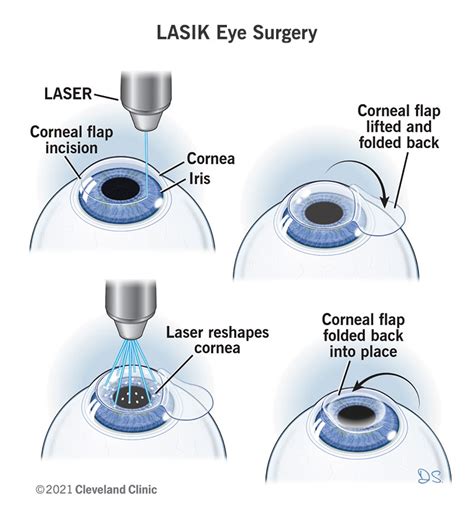
Glaucoma Diagnosis and Treatment
Glaucoma is a group of eye conditions that can cause vision loss and blindness if left untreated. The Fresno Eye Medical Center offers glaucoma diagnosis and treatment services to help patients manage this condition.
- Glaucoma Diagnosis: A comprehensive eye exam can detect glaucoma in its early stages.
- Medications: Eye drops, oral medications, and injectable medications can help lower eye pressure and slow disease progression.
- Surgery: Surgical procedures, such as trabeculectomy or laser surgery, can help drain excess fluid and reduce eye pressure.
Risk Factors for Glaucoma
- Age: Glaucoma is more common in people over 60.
- Family History: A family history of glaucoma increases the risk.
- Ethnicity: African Americans and Hispanics are more likely to develop glaucoma.
- Medical Conditions: Diabetes, high blood pressure, and heart disease can increase the risk.
Macular Degeneration Diagnosis and Treatment
Macular degeneration is a leading cause of vision loss in older adults. The Fresno Eye Medical Center offers macular degeneration diagnosis and treatment services to help patients manage this condition.
- AMD Diagnosis: A comprehensive eye exam can detect macular degeneration in its early stages.
- Anti-VEGF Injections: These injections can help slow disease progression and reduce vision loss.
- Laser Therapy: Laser surgery can help reduce vision loss and slow disease progression.
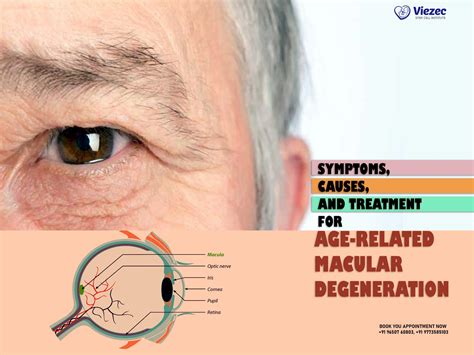
Diabetic Eye Care and Retinal Services
Diabetes can cause significant eye damage if left untreated. The Fresno Eye Medical Center offers diabetic eye care and retinal services to help patients manage this condition.
- Diabetic Retinopathy: This condition can cause vision loss and blindness if left untreated.
- Retinal Detachment: This condition can cause vision loss and blindness if left untreated.
- Macular Edema: This condition can cause vision loss and blindness if left untreated.
Risk Factors for Diabetic Eye Disease
- Duration of Diabetes: The longer you have diabetes, the higher the risk.
- Blood Sugar Control: Poor blood sugar control can increase the risk.
- High Blood Pressure: High blood pressure can increase the risk.
- Smoking: Smoking can increase the risk.
Contact Lens Fittings and Prescriptions
Contact lenses are a popular alternative to glasses. The Fresno Eye Medical Center offers contact lens fittings and prescriptions to help patients enjoy clear vision without glasses.
- Soft Contact Lenses: These lenses are comfortable and easy to wear.
- Rigid Gas Permeable Lenses: These lenses provide clear vision and can correct astigmatism.
- Hybrid Lenses: These lenses combine the comfort of soft lenses with the clarity of rigid lenses.
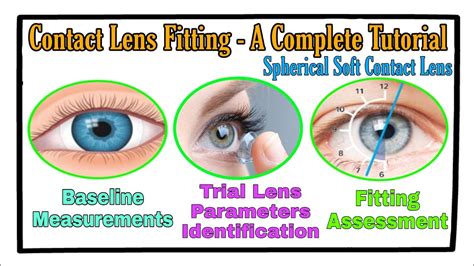
Eyeglasses and Sunglasses Prescriptions
Eyeglasses and sunglasses are essential for protecting your eyes and correcting vision problems. The Fresno Eye Medical Center offers eyeglasses and sunglasses prescriptions to help patients enjoy clear vision and protect their eyes.
- Single Vision Lenses: These lenses correct nearsightedness, farsightedness, and astigmatism.
- Progressive Lenses: These lenses correct presbyopia and provide clear vision at multiple distances.
- Polarized Lenses: These lenses reduce glare and provide UV protection.
Why Choose Fresno Eye Medical Center?
The Fresno Eye Medical Center is dedicated to providing expert vision care services to the community. Here are just a few reasons why you should choose us:
- Experienced Ophthalmologists: Our team of ophthalmologists has years of experience in treating a wide range of eye conditions.
- State-of-the-Art Technology: We use the latest technology to diagnose and treat eye conditions, ensuring the best possible outcomes for our patients.
- Personalized Care: We take the time to understand your unique needs and provide personalized care to ensure the best possible outcomes.
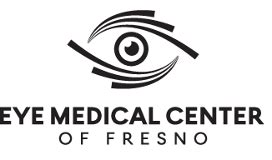
We invite you to schedule an appointment with us today and experience the difference for yourself. Our friendly and knowledgeable staff are here to answer any questions you may have and provide you with the best possible care.
What is the difference between an ophthalmologist and an optometrist?
+An ophthalmologist is a medical doctor who specializes in the diagnosis and treatment of eye diseases and conditions. An optometrist is a healthcare professional who specializes in the diagnosis and treatment of vision problems and prescribes glasses and contact lenses.
What is the best way to protect my eyes from the sun?
+The best way to protect your eyes from the sun is to wear sunglasses that block 100% of UV rays. You can also wear a hat with a wide brim to protect your eyes and skin from the sun.
What is the difference between a cataract and glaucoma?
+A cataract is a cloudy area in the lens of the eye that can cause vision loss and blindness. Glaucoma is a group of eye conditions that can cause vision loss and blindness by damaging the optic nerve.
